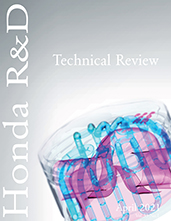Training / Education
DO-178C Practical Training
This course is offered in China only and presented in Mandarin Chinese. The course materials are bilingual (English and Chinese). RTCA DO-178C is the globally-accepted standard for civil aviation software development and certification. Compliance with the objectives of DO-178C is the primary means for meeting airworthiness requirements and obtaining approval of airborne software in TC/STC/TSO, etc. Even after study of the DO-178C, many people lack experience producing DO-178C compliant airborne software in real applications.

